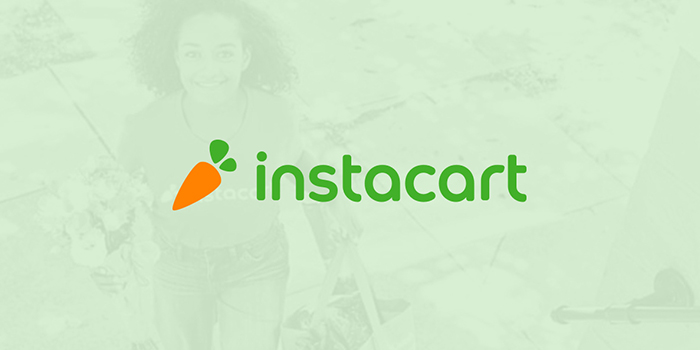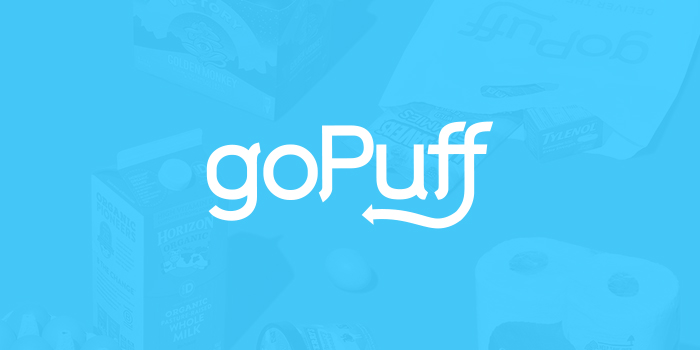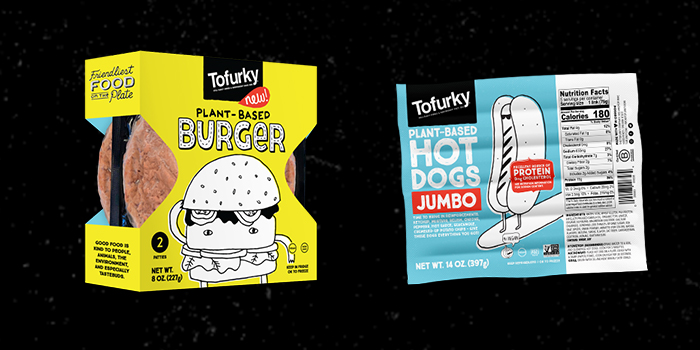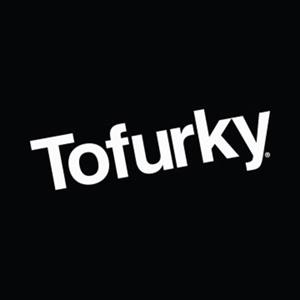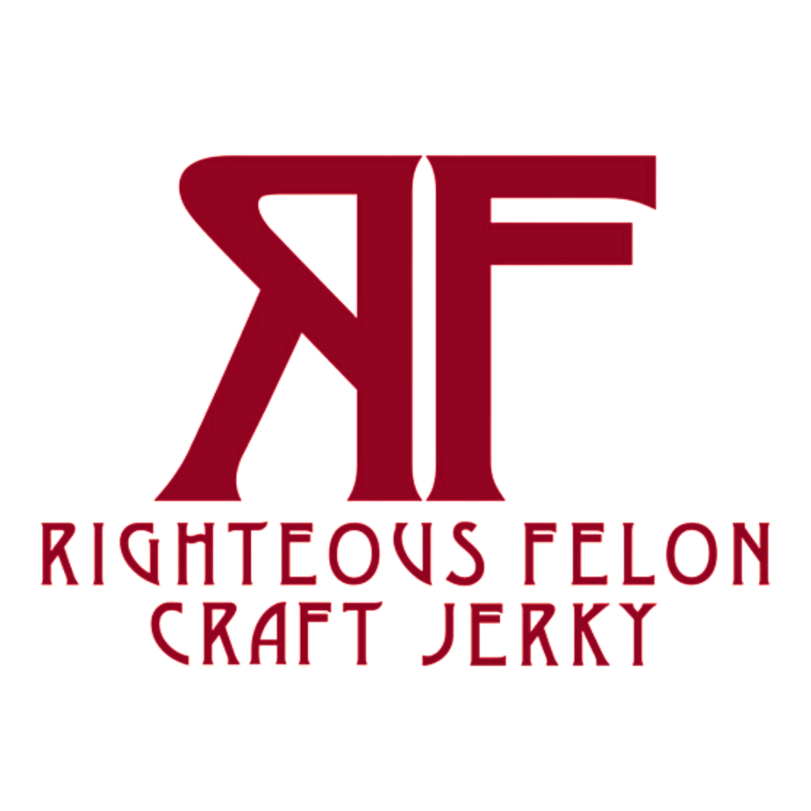The Checkout: Instacart Raises $200M, Tofurky Fights Louisiana Labeling Law
Welcome to The Checkout: an express lane for the weekly news you need to know, always 10 items or less
Instacart Raises $200M
Online grocery platform Instacart this week announced the close of a $200 million round of funding, led by returning investors Valiant Peregrine Fund and D1 Capital Partners.
The company, founded in 2012, has raised $2.4 billion to date, including $225 million in June. Instacart said that it plans to use the funds to add new features and tools, invest further in Instacart Enterprise — which supports retailers’ ecommerce platforms — and enhance Instacart Ads, a platform for CPG brands to promote their products.
The new funding comes as online delivery and pickups continue to spike: Instacart has grown this year to partner with 500 retailers and 40,000 locations throughout North America. Founder and CEO Apoorva Mehta noted that grocery delivery has become mainstream, with the app available to 85% of U.S. households in 5,500 cities. Still, large retailers are improving their own pickup and delivery services as Target recently added fresh and frozen items to its Shipt program and Walmart launched membership platform Walmart+, which aims to compete with Amazon’s Prime Now and Fresh services. Additionally, Shipt now allows one-time ordering rather than requiring a membership. Despite the increased competition, according to Dan Sundheim, founder of D1 Capital Partners, Instacart still has significant opportunity ahead.
“Our conviction in the strength of Instacart’s management team and business model continues to grow as we’ve watched the company lead this important industry during a period of unprecedented growth,” Sundheim said in a release.
goPuff Gains $380M Investment and New Executives
Also powering ahead in the rapidly growing grocery delivery space, delivery app goPuff announced this week it has raised $380 million in a round of funding led by returning investor Accel and D1 Capital Partners. Luxor Capital and SoftBank, another returning investor, also participated in the round. Alongside the investment, the company has added three new executive leaders to help expand its platform.
The capital, which brings goPuff’s total funding to $1.2 billion, will be used to bolster the app’s product selection and footprint. Launched in 2013 in Philadelphia, goPuff initially sought to act as a digital c-store, delivering items from its own warehouses in under 30 minutes for a $1.95 fee. It now offers thousands of products, including fresh and packaged foods and beverages, having most recently added cooking and baking items.
goPuff operates in 500 U.S. cities, having more than tripled its footprint during the past 18 months. The company operates 200 fulfillment centers, opting for a vertically-integrated model and a “differentiated approach” from other delivery services, which rely on specific retail partners, Daniel Sundheim, D1 Capital Partners’ founder & chief investment officer, said in a release.
“We believe strongly in their vision and capacity to become the fastest and best delivery service for everyday needs,” Sundheim said.
Part of the plan includes new leaders: Jocelyn Wong, former CMO at Lowe’s, has joined the company as its chief customer officer, while Jonathan DiOrio, Uber’s former global head of fintech and U.S. business development, is now goPuff’s chief business officer.
Tofurky: Louisiana Labeling Law Restricts Speech
The Good Food Institute (GFI) and the Animal Legal Defense Fund (ALDF) on Wednesday filed a lawsuit on behalf of plant-based brand Tofurky against a Louisiana law that bars plant-based meat products from using terms like “burger” and “sausage” on their labels. According to the law, which went into effect Oct. 1, even if companies’ labels include modifiers like “vegan,” “veggie,” or “plant-based,” they could incur fines of up to $500 per day for each product marketed or sold using meat terminology.
The lawsuit claims that the bill, sponsored by Rep. Francis Thompson (D-La.) and passed last June, infringes upon Tofurky’s First Amendment rights. It alleges that plant-based labels do not in fact mislead consumers, noting that the Food and Drug Administration (FDA) requires plant-based products to include a clear statement of identity, allowing terms like “burger” or “hot dog” if a qualifier like “vegan,” or “plant-based” is included.
“Consumers are choosing plant-based options because they are better for the environment as well as human health and animal welfare, not because [they] are confused,” Tofurky president and CEO Jaime Athos said. “It is unconscionable that state legislators would so recklessly interfere with the market in this way.”
According to the GFI, Thompson has publicly stated that the law was crafted to protect Louisiana’s agricultural producers from plant-based competition. He told Louisiana-based newspaper The Advocate that the issue has gone “unchecked” for too long.
“Broccoli is not rice. Cell cultures are not meat. And certainly tofu burgers are not meat,” he told the newspaper.
Similar ‘truth in labeling’ laws have been proposed in Arkansas, Missouri, Mississippi, and other states — and challenged by the GFI and the ALDF, alongside Tofurky and other plant-based brands. An Arkansas federal court blocked a ‘truth in labeling’ bill last year after a lawsuit was filed by these organizations, along with the American Civil Liberties Union (ACLU).
“Consumers deserve better than lawmakers passing condescending laws that try to dictate what Louisianans buy,” said GFI director of policy Jessica Almy. “Consumers are no more likely to believe that ‘veggie burgers’ contain cow meat than Girl Scout cookies contain Girl Scouts.”
Report Reviews Grocers’ Pesticide Policies, Organic Commitments
While many retailers have committed to adding more organic products to their shelves over the past three years, a new report published this week by Friends of the Earth found that only Ahold Delhaize, Albertsons, Costco, CVS, Kroger and Target have fulfilled their commitments.
According to the environmental organization’s findings, many larger grocery stores don’t share organic sales reports, while 64% of independent retailers say at least half of their total grocery sales are from organic products. Friends of the Earth notes that some retailers report organic and “natural” sales as one category, making it difficult to analyze how organic products impact sales.
The report also reviewed major retailers’ efforts to reduce pesticides in their supply chains. According to Friends of the Earth, pollinators like honeybees are crucial to production of fruits, vegetables, nuts, beans, chocolate and coffee, all of which contribute $29 billion annually to the U.S. economy, but are threatened by the widespread use of harmful chemicals.
Last month, grocery chain Giant Eagle introduced a policy to remove neonicotinoids, a type of pesticide that can harm pollinators, from its produce supply chain by the end of 2021, becoming the first major grocer to do so. Kroger, Costco, Albertsons, Aldi and Rite Aid have announced similar policies, though these initiatives are less specific and measurable than Giant Eagle’s, said Kendra Klein, senior staff scientist at Friends of the Earth. Klein added that Giant Eagle should eliminate other types of pesticides and cover food categories beyond produce.
“This is an important first step,” she said. “At the same time, there is a long way to go to truly protect pollinators and people from the many toxic pesticides commonly used in U.S. agriculture.”
